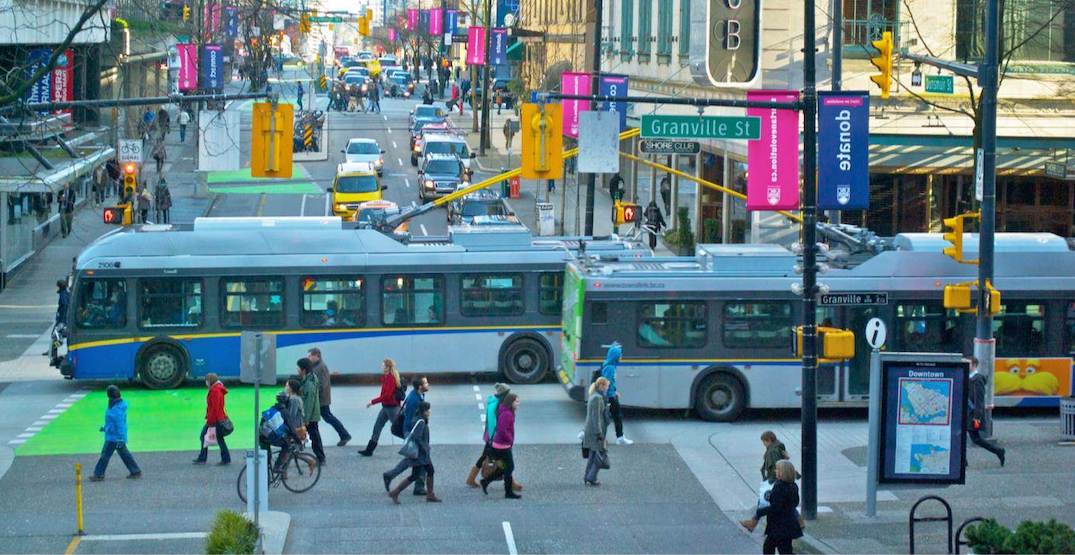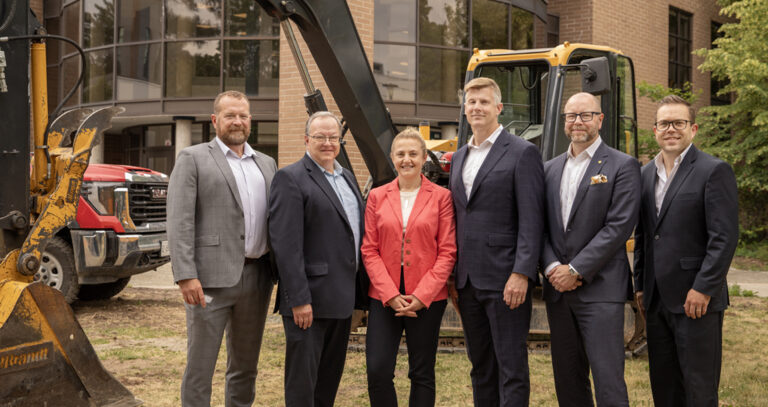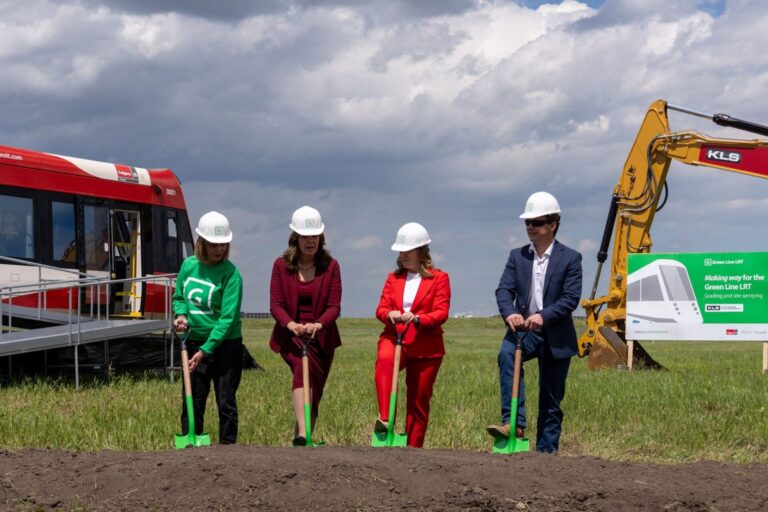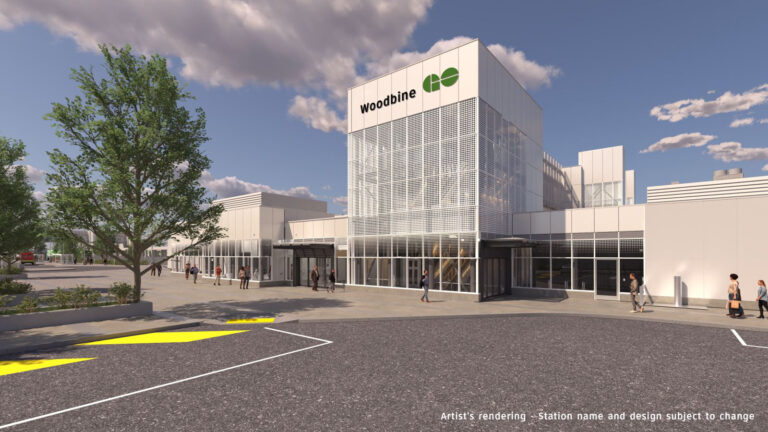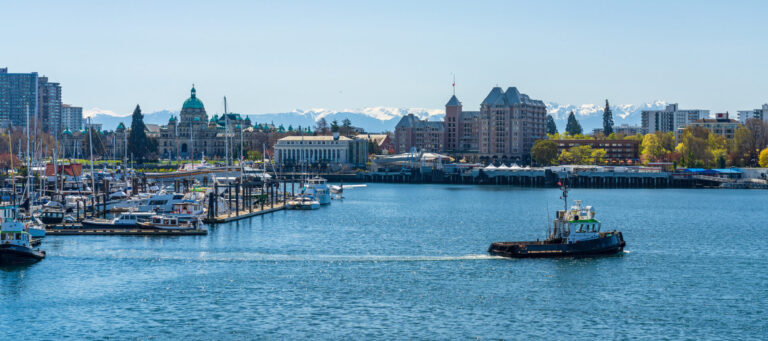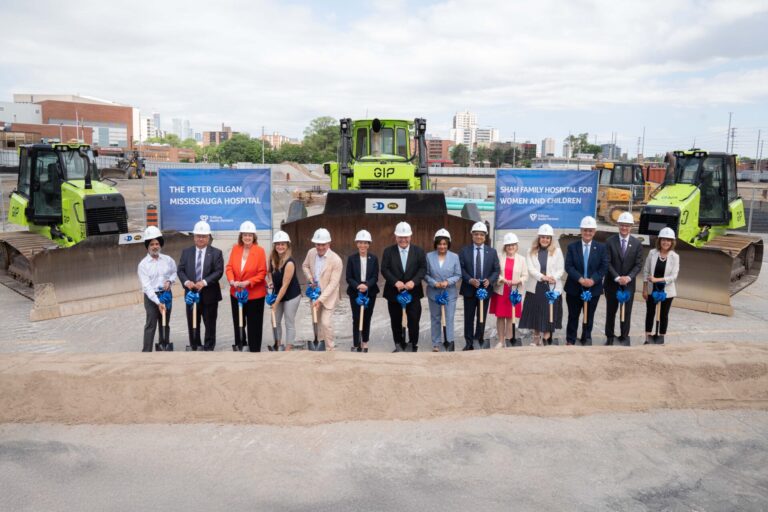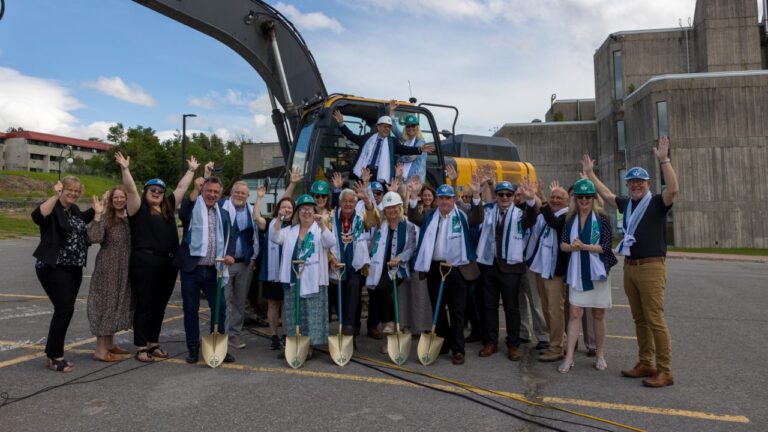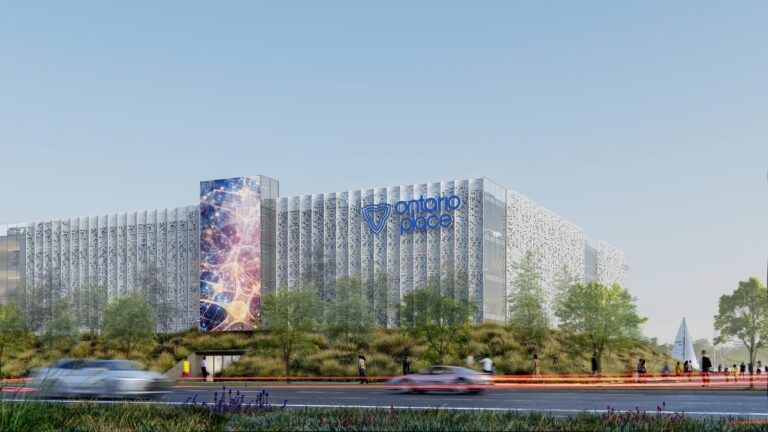A project in Metro Vancouver will extend the life of trolley overhead (TOH) infrastructure by 30-60 years, after a combined investment of more than $26.6 million from the federal government, Vancouver, and TransLink.
This project will maintain TOH infrastructure, which connects trolley cars to overhead wires, and support the longevity of trolley bus service in Vancouver and Burnaby.
“As we work towards achieving net-zero by 2050, the federal government remains committed to supporting projects that bring us one step closer. Investing in the upkeep of trolley overhead infrastructure is an investment in the longevity and reliability of the trolley bus service. Trolley buses not only connect Metro Vancouverites, but are an enormous contributor to our emission reduction goals. We will continue to work with our partners to make life better for Canadians and make tangible progress towards our climate targets.” said Terry Beech, MP for Burnaby North-Seymour.
Trolley bus service has been an integral part of zero-emission transit in Metro Vancouver for the past 75 years. Trolley buses replace conventional diesel buses, saving over 18,000 tonnes of greenhouse gas (GHG) emissions annually while providing a clean public transit option in the region. The replacement of aging components is essential to keeping TOH infrastructure in good shape and keeping trolley buses moving on the street.
“This joint investment does more than upkeep city services – it preserves a significant piece of Metro Vancouver’s history and heritage. By renewing the trolley overhead infrastructure, the useful lifespan of this system can be extended by up to another six decades. These funds will enable us to revitalize the transit system to contribute to our modern progression towards decarbonization for a safe, clean and healthy locality,” said Taleeb Noormohamed, MP for Vancouver Granville.
This funding will help replace a variety of components that make up the TOH infrastructure, including up to 600 steel trolley poles, approximately 60 km of running wire, and up to 6,000 m of underground cable. Other assets like switch assemblies and hanger and ear units will also be replaced.
“People in Metro Vancouver have enjoyed access to zero-emission trolley buses for decades. Since Trolley buses made their debut, we have seen our communities grow and with that our need for transit infrastructure that’s affordable, efficient and green. With this funding we will be able to continue to offer environmentally friendly transit solutions for generations to come,” said Rob Fleming, B.C. Minister of Transportation and Infrastructure.
The federal government is investing $13,346,206 through the Public Transit Infrastructure Stream of the Investing in Canada Infrastructure Program. The City of Vancouver is contributing $4,282,000 while TransLink is contributing $9,064,206.
“We’re excited to be making this investment to support the continued use of trolleys in Vancouver. The trolley network is an important component of a healthy, connected city and this funding will help ensure residents and visitors can continue to move about Vancouver in a reliable, safe and sustainable way well into the future,” said Ken Sim, Mayor of the City of Vancouver.
The project aligns with the Metro Vancouver Mayors’ Vision, TransLink’s Investment Plan, and shared environmental goals by ensuring that existing infrastructure meets quality and safety requirements in order to support trolley bus ridership and reduce GHG emissions. This investment in public transit will also help make these communities more inclusive and enhances the quality of life for users of these services by making it easier for them to get around.
“Vancouver’s trolley buses have been an iconic fixture in our city for over 75 years and we’re the only transit system in Canada that operates a trolley fleet. Replacing this infrastructure is critical to delivering climate friendly transportation options for Metro Vancouver. We’re thankful to our government partners for continuing to help us take climate action for future generations,” said Kevin Quinn, chief of executive operations for TransLink.
Featured image: (TransLink)

